
Consumers browse Singaporean soy sauce products during the 19th China-ASEAN Expo. (YU XIANGQUAN/FOR CHINA DAIL)
Government officials and business leaders from China and the Association of Southeast Asian Nations are bullish on future business growth opportunities arising from the Regional Comprehensive Economic Partnership agreement, speakers said at the recently concluded 19th China-ASEAN Expo, which was held from Sept 16 to 19 in Nanning, Guangxi Zhuang autonomous region.
The theme of the expo was sharing new opportunities from the RCEP agreement and jointly advancing version 3.0 of the China-ASEAN Free Trade Area.
The RCEP agreement officially took effect on Jan 1 and comprises 15 Asia-Pacific countries, which include 10 ASEAN member states. Over the next 20 years, the pact is expected to reduce up to 90 percent of the tariffs on goods traded among its members.
During the expo, State-owned enterprise China Energy Engineering Corp Ltd, also known as China Energy, signed a number of projects with its ASEAN partners, and the total investment value achieved 165 billion yuan ($23.1 billion).
China Energy will further strengthen cooperation with ASEAN partners in fields such as energy, electricity, ecological and environmental protection, transportation and urban infrastructure construction, the company said.
"We will continue to insist on green development, grab business opportunities brought by the RCEP and push forward the implementation of version 3.0 of the China-ASEAN FTA," said Song Hailiang, chairman of China Energy.
"We would like to combine our advantages in capital, technology and management with the vast market and resource advantages of ASEAN and accelerate the implementation of more new projects," Song said.
Chhuon Dara, secretary of state of the Ministry of Commerce of Cambodia, delivered a speech via video link during the expo. He said the world's situation is complicated and unpredictable due to the impacts of the COVID-19 pandemic, geopolitical tensions, rising inflation and ongoing disruptions to regional and global supply chains because of wars and economic sanctions against each other.
"The RCEP is playing a significant role as a platform and a great framework in response to the ongoing issues in the region. It is the greatest rules-based trading system that reflects true aspiration and commitment of participating countries in enhancing regional trade cooperation," Dara said.
Singaporean logistics firm Pacific International Lines said it has benefited from the RCEP, as the agreement has helped expand regional trade cooperation and raised the level of opening-up in the region.
The company believes that the RCEP is set to become an important catalyzer for regional economic recovery and a key driver to enhancing international economic exchanges.
China has been ASEAN's largest trading partner for 13 consecutive years, while ASEAN surpassed the European Union as China's largest trading partner in 2020, according to the Ministry of Commerce.
This year, Malaysia served as the country of honor at the expo. Malaysian budget carrier Air Asia participated in the expo and said with the RCEP agreement taking effect, connections between China and ASEAN will certainly become closer.
Those destinations that Air Asia flies to frequently coincide with the Maritime Silk Road. The company said it will grab significant business opportunities brought by the RCEP and speed up building of the aerial Silk Road.
"As the largest budget airline among ASEAN member countries, we will strengthen cooperation with other aviation industry players in the region, and contribute to people and economic exchanges," said Tang Ting, general manager of Air Asia China.









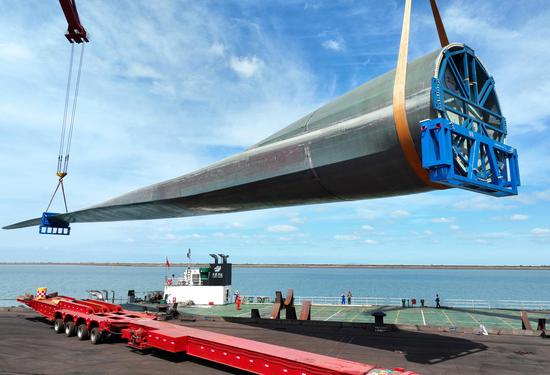
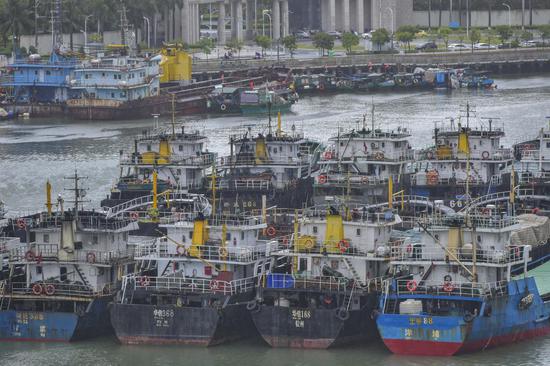

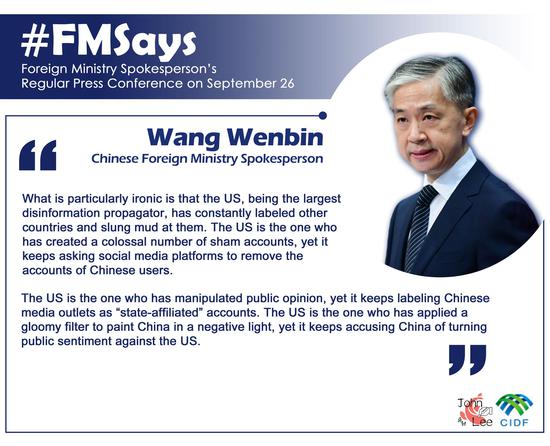
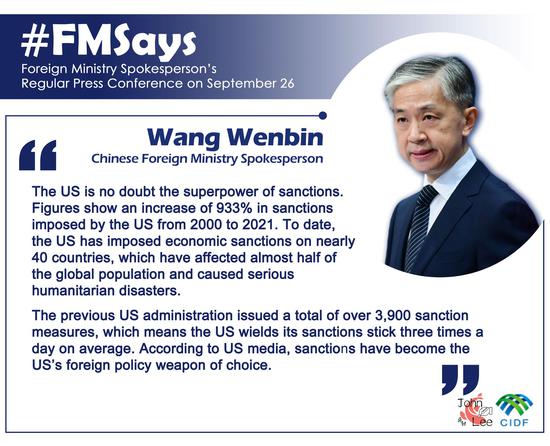
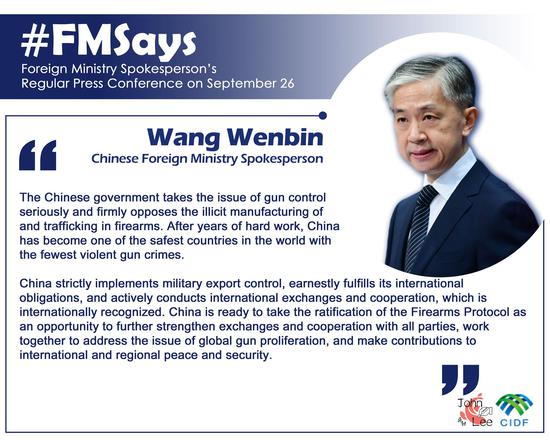
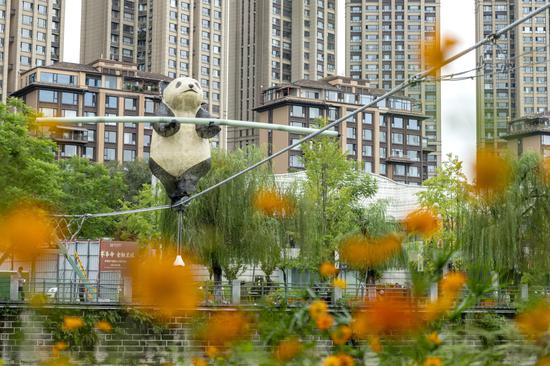
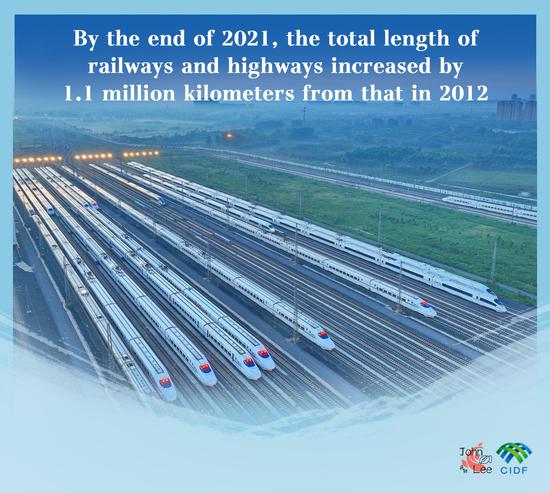
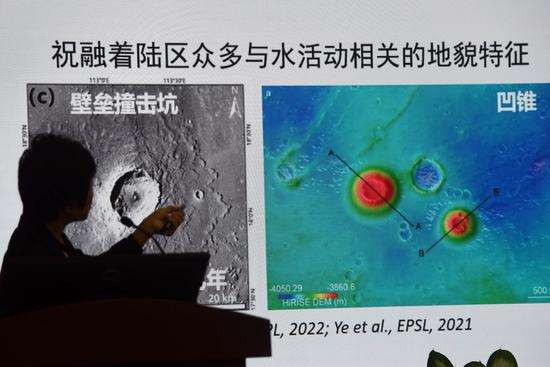
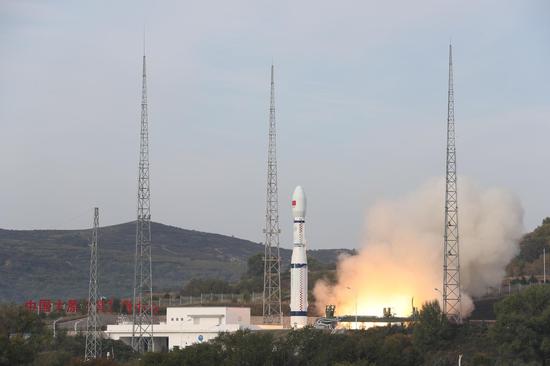
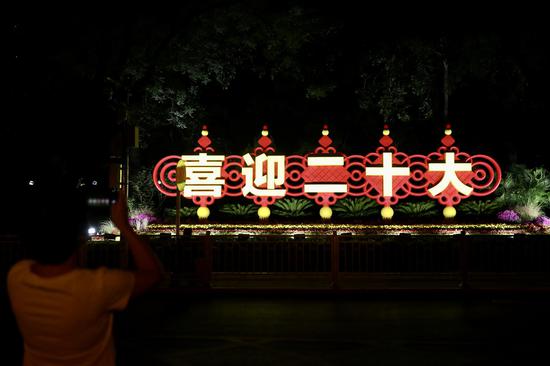


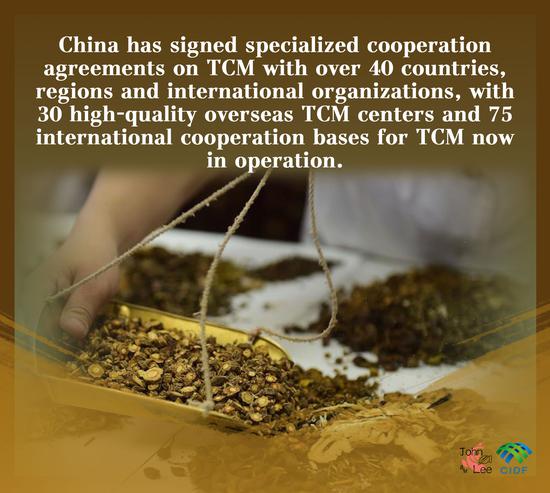


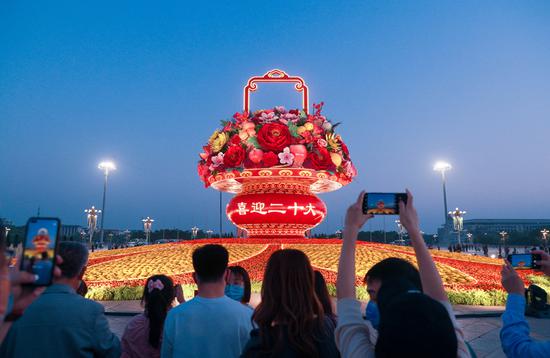
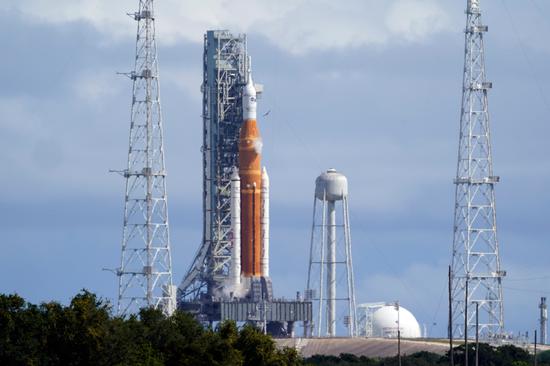
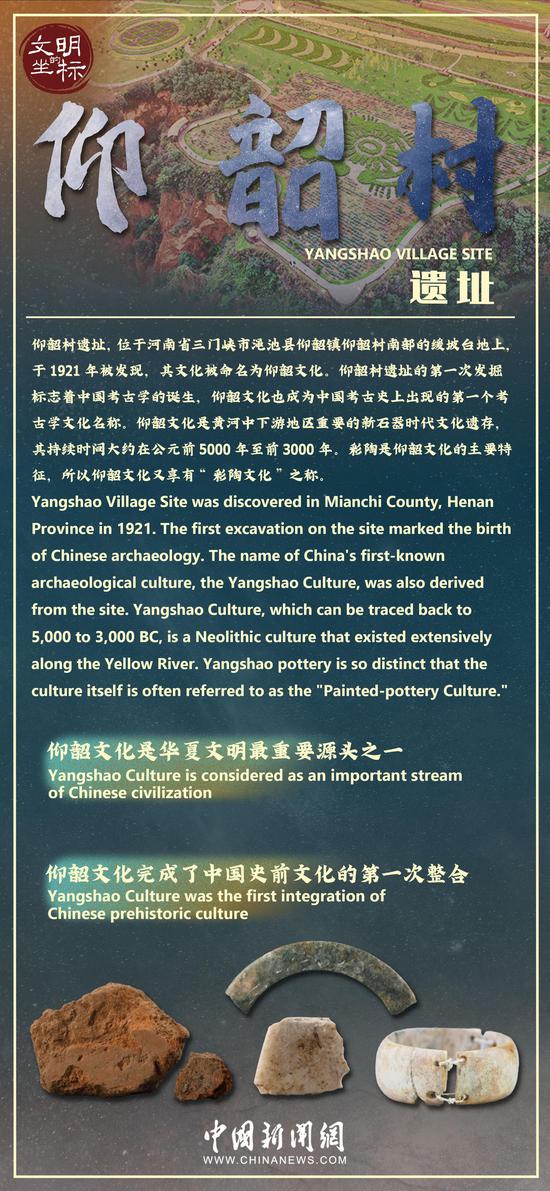

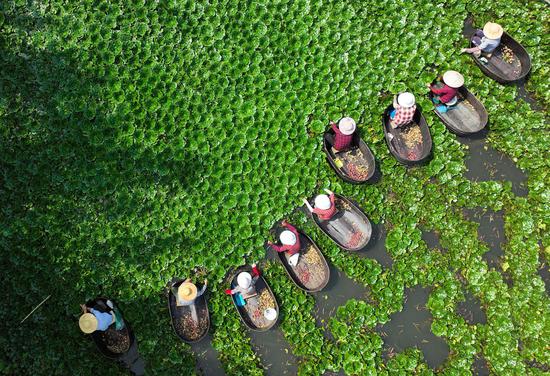




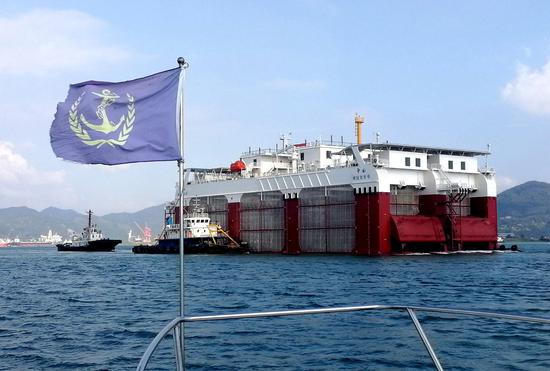



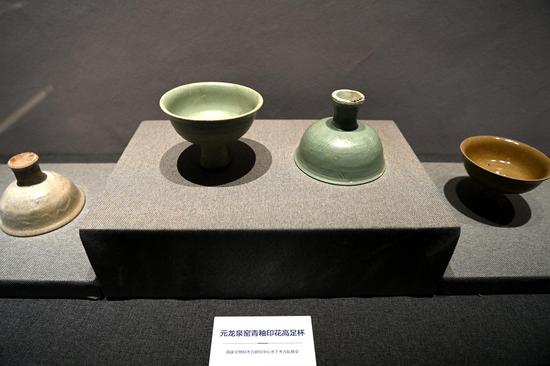
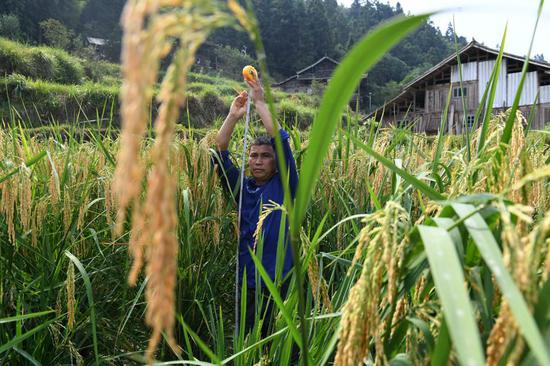










 京公网安备 11010202009201号
京公网安备 11010202009201号